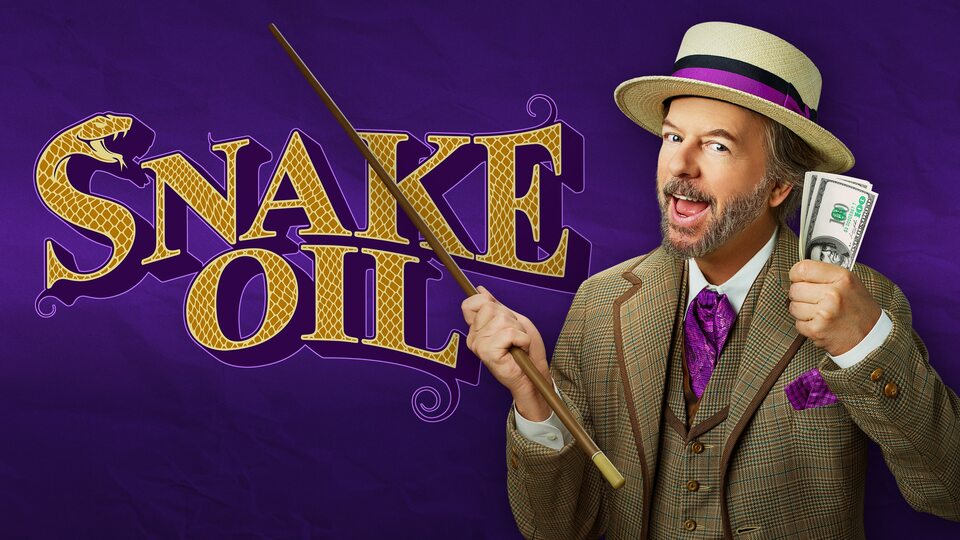
There are many who compare bitcoin to digital gold, and there are many others who claim that bitcoin is just snake oil selling and a waste of time. Who is right and who is wrong?
I guess the first thing is to define snake oil. Snake oil is a term used to describe a scam. I see this term used often in the cryptocurrency world …
https://x.com/ideafaktory/status/1200329969186099200
… and it is because there is a massively sceptical audience, divided between those who believe and those who do not.
To be clear, I am neutral because the bigger question is whether we can decentralise money or not. That’s a theme I explore in depth in my new book Intelligent Money.
The conclusion I came to is that yes, we can decentralise money if we are networked people but no, if we are the general person on the Clapham Omnibus, we want our money to be issued by a trusted authority ... and there’s the rub: money issued by a trusted authority. What is a trusted authority? Is it the government or the network?
This is the core debate about the democatrisation of money. Do governments run the economy, system and currency or, thanks to the internet, has it decentralised and democratised to the people?
I lean both ways as it is a hard discussion. If you lose your money on FTX or Mt.Gox, who do you call? If you have dollars or euros in the bank, who guarantees it? These are the two extremes of centralised versus decentralised finance.
The thing is that governments can change which currencies work on a regular basis. Remember the days when there were French francs, German deutsche marks and Italian lira? They’ve all been replaced and are now just euros. Who backs the euro? The European Central Bank and the European Parliament. Who backs the bitcoin? Well, that is the question.
The fact is that both have the same answer. Who backs the euro are the people of Europe; who backs the bitcoin are the people of the internet.
This is why cryptocurrency is so threatening to the financial system and governments because, if the people believe in these currencies more than those issued by governments, then it destabilises everything. It’s now wonder governments escalated the development of central bank digital currencies (CBDC) so fast. However, CBDCs are irrelevant to this discussion. The core is whether the people believe in national government fiat currencies or networked, connected, digital currencies.
This is why I sit on the fence. I’m happy to have dollars, euros and pounds in my bag but, equally, I’m happy to have bitcoin, eth and cardano in my bag. They all work … as long as the people believe in them.
Chris M Skinner
Chris Skinner is best known as an independent commentator on the financial markets through his blog, TheFinanser.com, as author of the bestselling book Digital Bank, and Chair of the European networking forum the Financial Services Club. He has been voted one of the most influential people in banking by The Financial Brand (as well as one of the best blogs), a FinTech Titan (Next Bank), one of the Fintech Leaders you need to follow (City AM, Deluxe and Jax Finance), as well as one of the Top 40 most influential people in financial technology by the Wall Street Journal's Financial News. To learn more click here...

